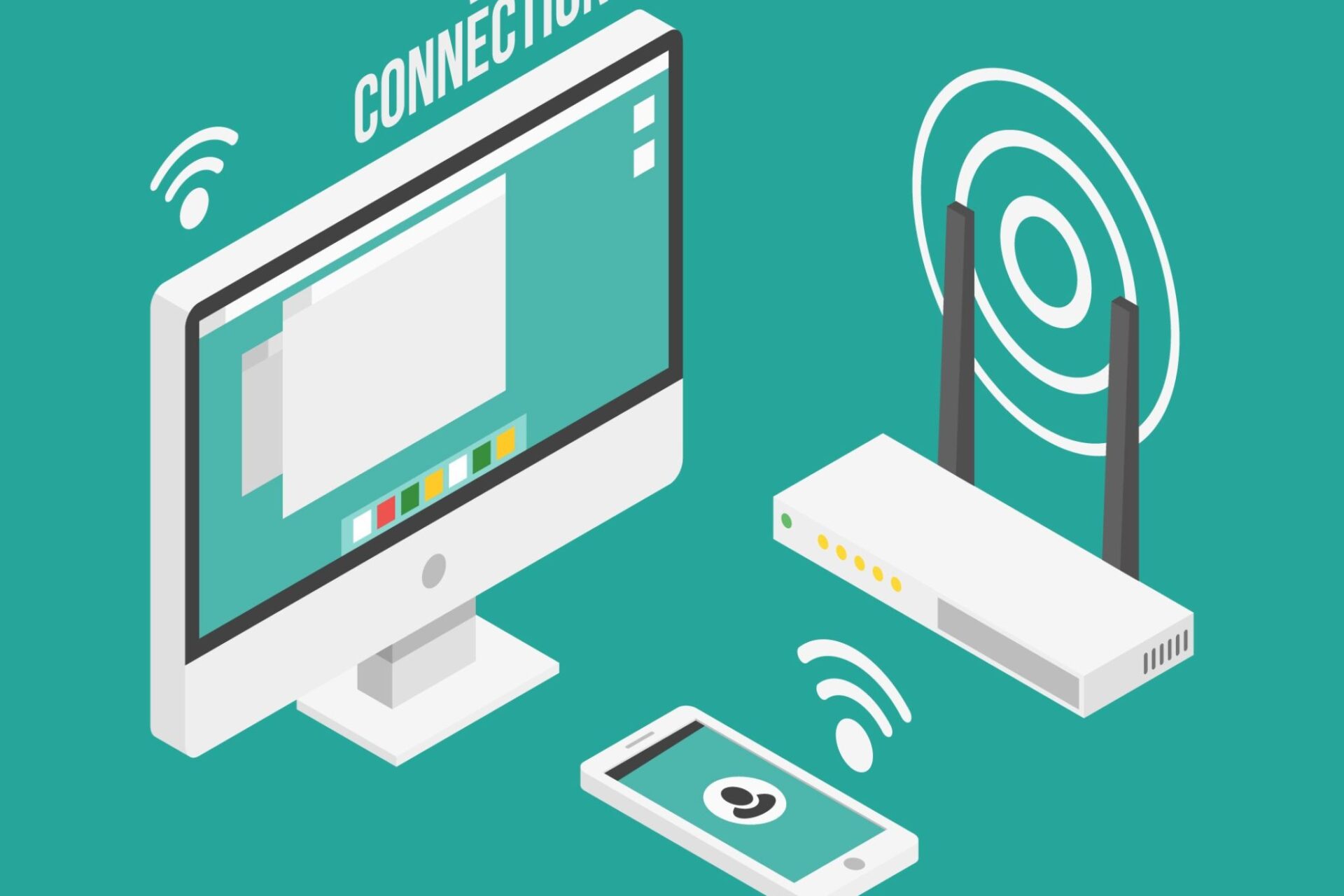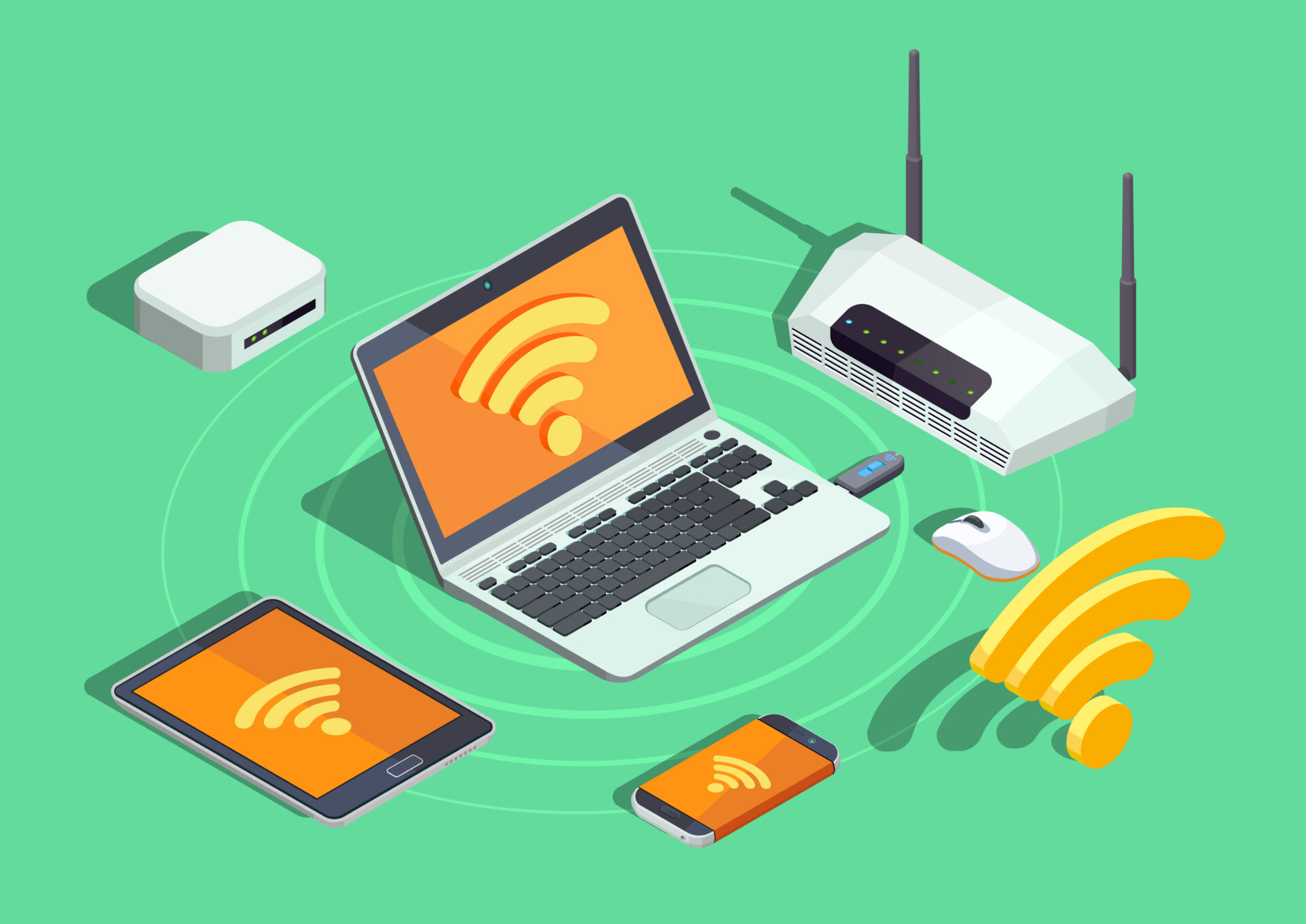Any activity, job, educational course, streaming time, or smart home tasks requires a strong link for productivity. More and more homes and businesses in India are leaning toward Fiber WiFi Router to avail of higher speed and stability. However, the best equipment in the land does suffer from occasional glitches. Any performance hiccups or connectivity troubles? Nothing to worry about. The following guide outlines the common issues encountered by users in the Router With Fiber Port and how to troubleshoot them effectively with the help of Scopus International.
1. Frequent Disconnecting or Dropped Connection
Coming with one of the common complaints is again the usual WiFi network that disconnects. During discussions or downloads, it can certainly be frustrating.
Possible reasons:
- A temporary glitch in your router
- Your Internet Service Provider (ISP) may have problems
- Damaged fiber cables
- Overheated router
2. Slow Internet Speeds
Another frequent issue is sluggish internet performance, even on high-speed fiber connections.
Common Causes:
- Bandwidth is being shared by too many devices
- Peak-hour congestion
- Outdated router firmware or hardware limitations
.
3. Can’t Connect New Devices
Why This Happens:
- The router has a limit on the number of connected devices.
- MAC address filtering is enabled.
How to Fix It:
- Log in to the router’s admin panel and check the maximum device limit.
- Disable MAC address filtering or manually.
- Upgrade to a Router with Fiber Port that supports more connections.
4. Occurrence of weak WiFi signal in some areas
Dead zones or weak signal strength in specific rooms can disrupt your online experience.
Common Reasons:
- Physical barriers like walls and furniture
- Poor placement of the router
- Interference from other electronic devices
5. Security threats & Unauthorized access
An unprotected WiFi can give access to unauthorized users who might take over bandwidth or obtain personal data.
What You Should Do:
- Change the default admin username and password on the router immediately following setup.
- Secure your WiFi
- Update firmware regularly to fix known vulnerabilities.
- Keep track of devices connected to the WiFi at regular intervals and remove any suspicious ones.
6. Router overheating or hardware damage
Routers can overheat or be damaged by their environment.
Symptoms:
- Sudden disconnections
- Router lights turning off or blinking erratically
- Unusual heat coming from the device
Preventive Measures:
- Place the router in a shaded, well-ventilated area.
- Avoid areas prone to moisture or dust.
- If the router shows signs of wear or physical damage, consider replacing it with a durable Fiber WiFi Router
7. ISP-Related Issues
Sometimes the issue isn’t with your equipment at all—it’s with your internet provider.
How to Confirm and Resolve:
- Check your ISP’s app or website for service outages in your area.
- Use online forums or local community pages to see if others are reporting similar issues.
- Contact your provider’s customer support for updates or troubleshooting help.
Conclusion
Fiber broadband provides great speeds and reliable service, but sometimes you will run into problems. If you familiarize yourself with the problems we commonly have and the solutions for them, then you can obtain a very good understanding to maintain the Fiber Wi-Fi Router.
Sometimes troubleshooting takes a proactive approach, so you will potentially need to do firmware updates and/or configuration changes, or just finish by getting the best home wifi router to save time, pain, suffering, frustration, and money. So, now that you have decided to go with a solid router with a fiber port, make sure you get a router that meets the accepted standards and has acceptable customer service. The best choice is to choose Scopus International.
FAQs
1. Define a Fiber WiFi router?
A fiber WiFi Router is a networking device that allows the advantages of high-speed internet by means of fiber-optic connections. The fiber WiFi Router connects to a fiber modem or ONT (Optical Network Terminal) and delivers wireless networking features to multiple devices.
2. A router with a fiber port vs a standard router, state the difference?
A router with a fiber port may have an SFP slot or a literal fiber input that can connect directly through a fiber line. In contrast, regular routers usually connect via Ethernet from a modem and are not designed to handle fiber input directly.
3. What type of port is used for fiber internet on routers?
The fiber internet uses SFP ports or GPON ports for direct fiber connectivity. These are the ports that fiber optic cables will end at, whether at an ONT or an advanced router that has fiber capabilities.
4. Can I plug my fiber internet directly into any router?
You will need a router with a fiber connection or utilize a provider’s ONT to convert the fiber to Ethernet and plug it into a router. Not all routers can be connected directly on to a fiber port.
5. Does a fiber port improve WiFi performance?
Sure, should a fiber port come in place, it would help reduce some latency and better bandwidth usage, owing to the higher speed of internet input that would go a long way in improving WiFi for multiple households.
6. What’s the best home WiFi router for fiber Internet in India?
The best router can be provided by Scopus International, which enables the best performance. Make sure it’s dual or tri-band, good antenna, and is WiFi 6.
7. The things to get in touch with while choosing the best home WiFi router?
Key features include:
- Dual-band or WiFi 6 support
- High-speed Ethernet ports
- Good coverage range
- Parental controls
- Easy setup and mobile app support
8. Can I use my router’s USB port for file sharing?
Yes, many routers allow file sharing via USB. You can connect external storage and access files over your network using FTP or SMB protocols.
9. What security features should my router have?
Important features include:
- WPA2/WPA3 encryption
- Firewall protection
- Guest network options
- Automatic firmware updates
10. Where can I buy fiber WiFi routers online in India?
You can purchase them from:
- in
- IndiaMART
- And on scopus.co.in Website



